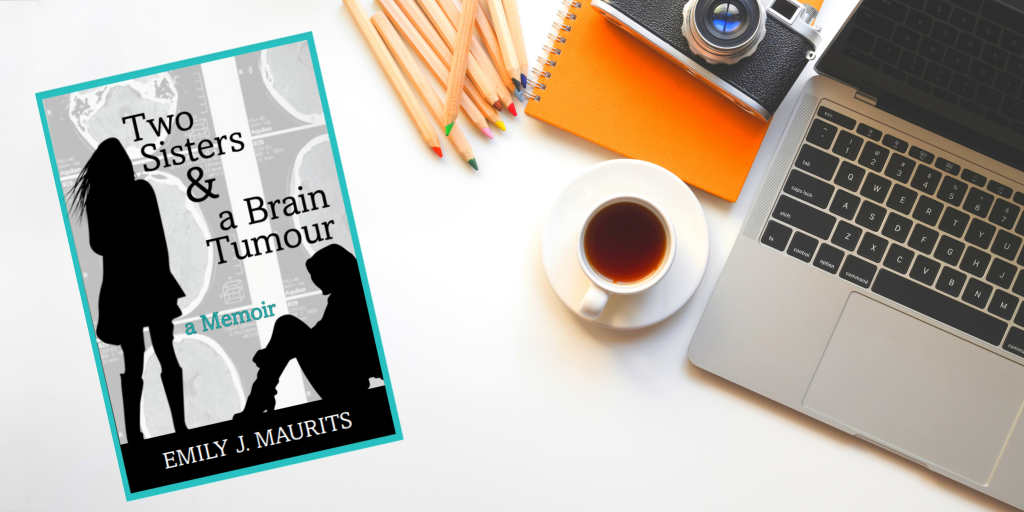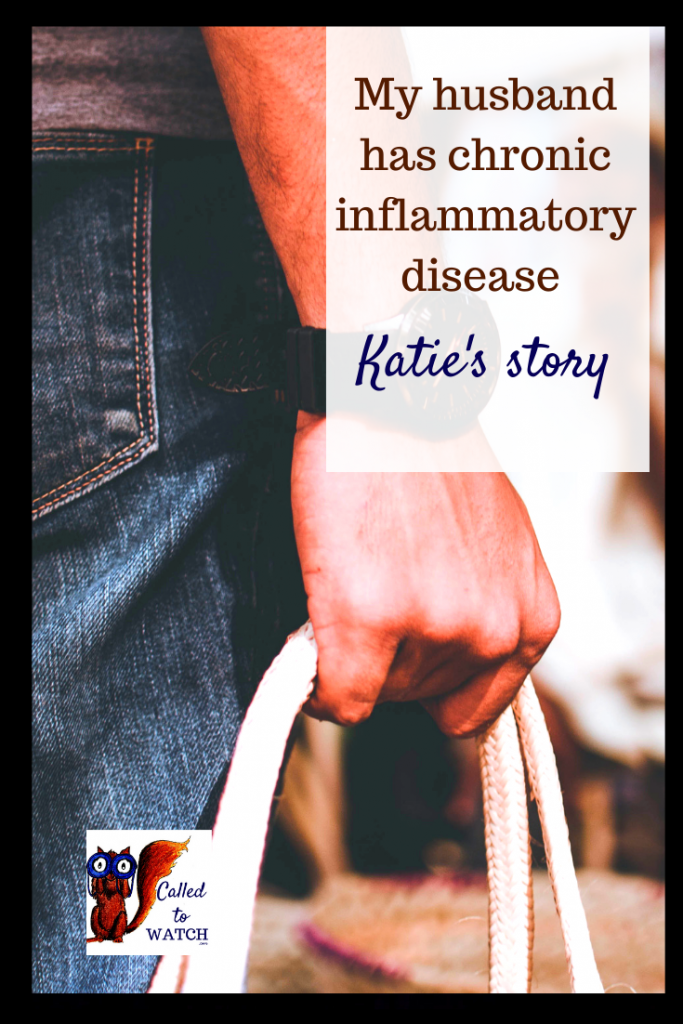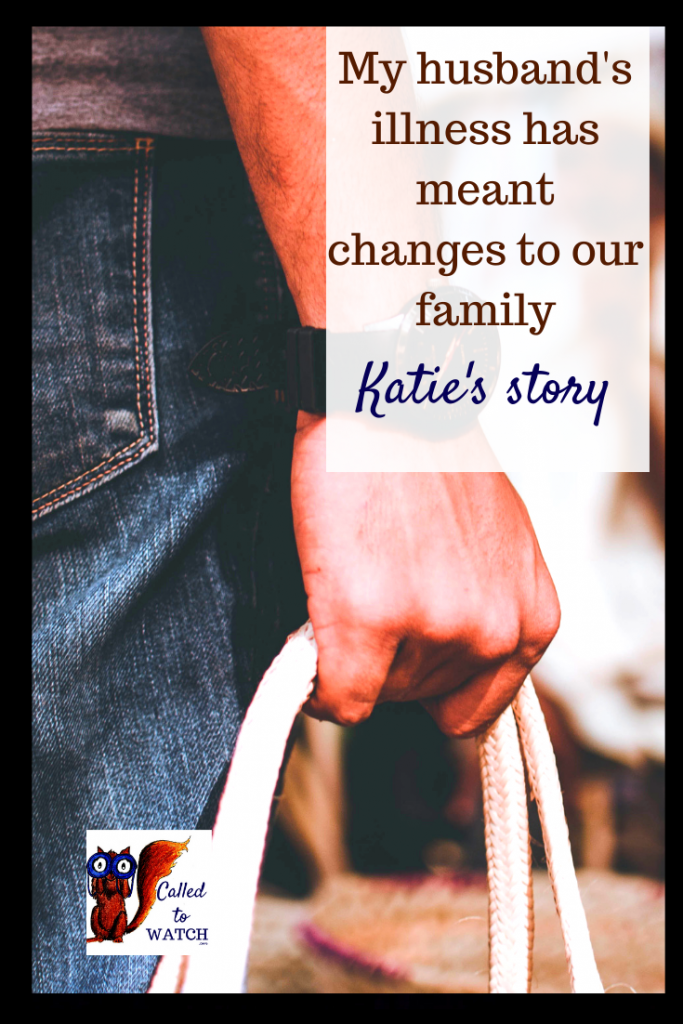Welcome to 2023!
Just as in previous years, what follows is the posts which received the most views in 2022. Have a look, you might encounter an ‘oldie but a goodie’ for the first time, or, like me, be reminded of posts you’d entirely forgotten about!
But first I want to introduce this year’s post series:
Responding to Misconceptions in Chronic Illness
As a Watcher, you might have heard your chronically ill loved one voice a sentiment along the lines of:
‘I’m no use to anyone’ or, ‘I can’t serve God like this’ or ‘I’m all alone, no one really understands.’
As a Watcher, everything in us often wants to cry, ‘no! That’s not true!’ — but is that best response? What do we do when our loved one keeps voicing these beliefs? Is a response even possible? Ought we protest each time? Are our responses even helpful? After all, we’re not the ones whose every day is impacted and restrained by poor health.
This year we will be exploring these questions and more, in a series of articles formatted as letters. Each one will begin with a statement about chronic illness such as, ‘I’m all alone’ and follow with a ‘letter’ from a Watcher in response.
One thing that may have stood out to you by now is that these ‘misconceptions’ are not the sole possession of our chronically ill friends! I’m sure all of us have thought them at times. For various reasons we’ve felt incapable, handicapped or restrained by various life situations, and thoughts like these slip out so easily. And so it’s important that we spend some time mulling over them in the presence of God, and ask ourselves whether they hold any truth and how exactly we ought to respond. I’m excited for this journey, even as I suspect it will be a challenging one for us all, me included.
But before we begin this series (a new article will be posted every two months) I have the pleasure of introducing the top pots of 2022!
1: 7 Reasons Watching Someone Suffer is the WORST

2: Sickness and the Bible (references, disappointments and questions)

Sometimes I am tempted to add ‘Sickness & Christianity’ to this list.”
3: How to make hospital visits less awkward

4: I think I hate my chronically ill family member

5: Help! People keep asking after my chronically sick family member…

And lastly, a post which didn’t make the top 5 but is close to my heart:
Why small talk is so important in chronic illness (& why I neglect it!)

These post are only a tiny selection of all the articles available on the Called to Watch website. Feeling bored? Navigate to the ‘all posts’ section and find more ‘oldies but goodies’!
// What was YOUR favourite post last year? Did it make the list?
PS: Enjoyed the post above? Get the next one delivered straight to you! Sign up for email notifications
I’m also on Facebook, Pinterest, Instagram & Twitter! Meet me there for more interesting reads, resources and community.











